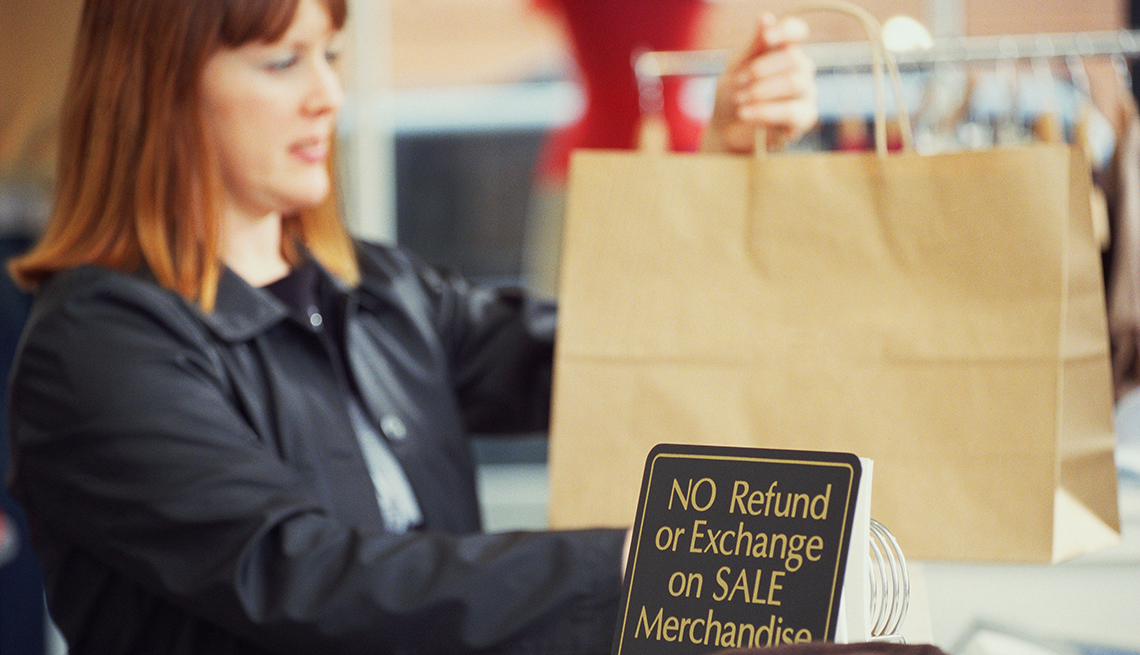
- Select a language for the TTS:
- UK English Female
- UK English Male
- US English Female
- US English Male
- Australian Female
- Australian Male
- Language selected: (auto detect) - EN
Play all audios:
Before you buy, it's crucial to do your homework. Today's online marketplace is crowded with fake websites hawking everything from Prada purses to personal protective equipment
(PPE), says Steve J. Bernas, president and CEO of the Better Business Bureau of Chicago and Northern Illinois. “I've never seen so many fake websites in my life,” the 33-year veteran of
the nonprofit says. Online shopping has exploded during the pandemic, so stick with well-known, reputable merchants. Before purchasing, check out a company's BBB rating, which ranges
from A+ to F based on three years of consumer data. Examine other consumer-rating sites, too, he says. If it's a service you're seeking, don't merely do a Google search for
“painters near me” because companies can pay to be listed at the top of the search results. Let's say you want to hire someone to replace your powder room's Pepto-Bismol pink tile.
Insist on a detailed contract before you sign on the dotted line, Bernas urges. Many times, consumers think a business card with a dollar estimate scribbled on the back is a contract. But
imagine standing before a judge with that card as Exhibit A — and no other proof. A contract should include the work that will be performed, the total cost, the materials and products that
will be used, and the job's start and end dates, he says. LAYING THE GROUNDWORK If you find yourself unhappy with a product or service you've paid for, there are steps to take to
get a refund or replacement — especially if a business is reluctant to meet your demands. But it's important to understand that successful complaining starts before you actually lodge a
complaint. Be sure to keep your paperwork in one place for easy access: proof of your order or contract and receipt. Take photos of a defective product or workmanship. It's also
critical to be familiar with the merchant's return policy. “Refunds and exchanges are a privilege, not a right,” Bernas says, so think carefully if you're buying a big-ticket item
and the terms are “all sales final.” Many companies do accept returns — usually during a specific time frame — but you might have to pay the cost of shipping it back. And some merchants
deduct “restocking fees,” so you won't get a full refund. When possible, pay with a credit card. Federal law says credit card users are generally on the hook for only up to $50 in cases
of fraud. Also, some card issuers will issue a credit if you tried to return an item within 90 days but the merchant refused to refund your money. One major card issuer gives a credit of up
to $300 per item, excluding shipping and handling, within the 90-day window, and caps annual refunds at $1,000 per cardholder. Such terms vary based on the card, so read the fine print
carefully. 7 STEPS TO LODGING A SUCCESSFUL COMPLAINT








